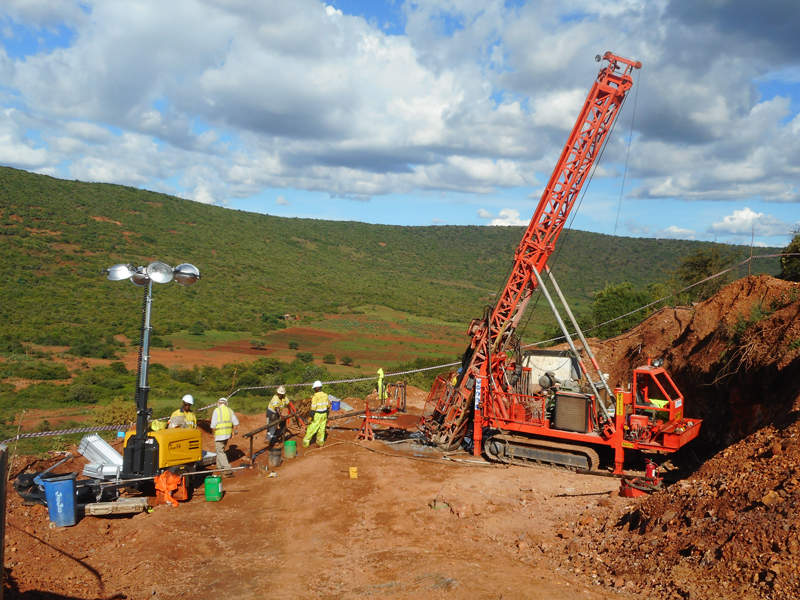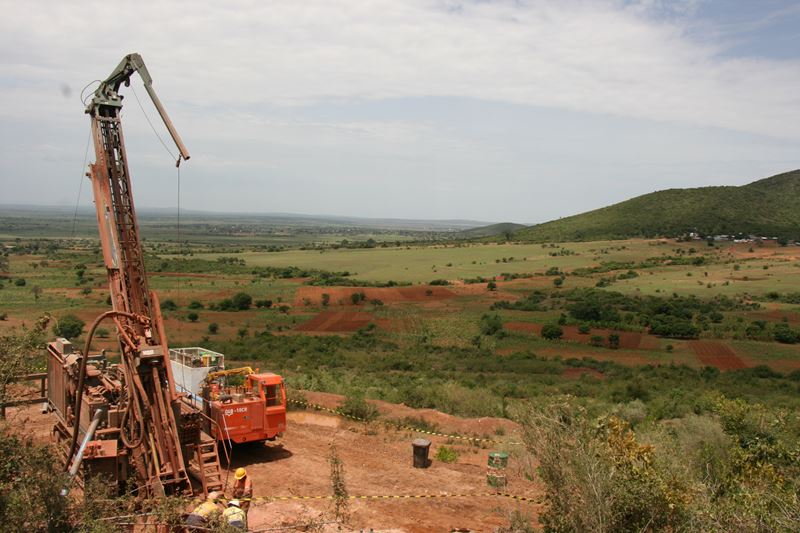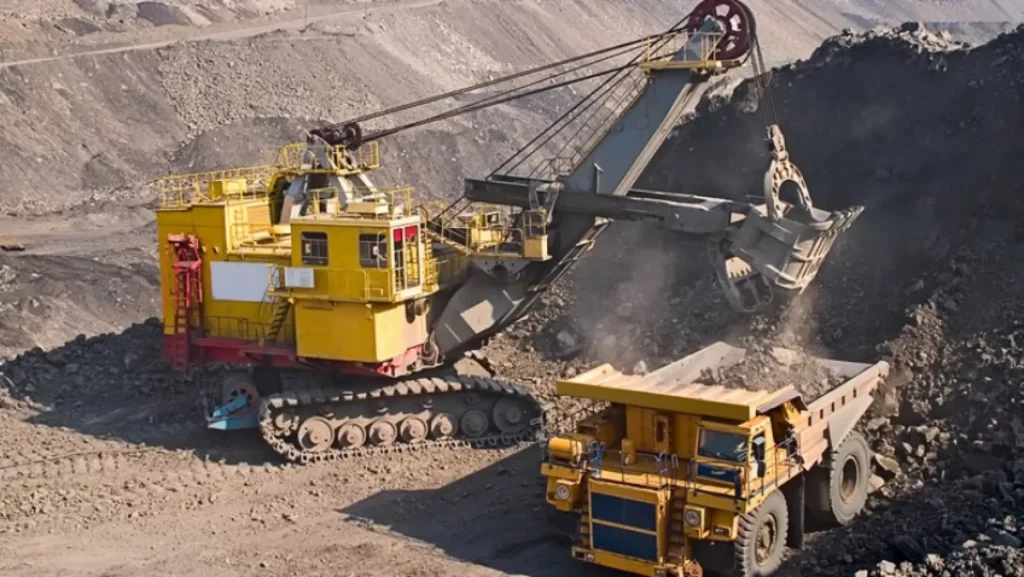With a significant and well-established gold mining industry, Tanzania has East Africa’s most developed mining sector that has garnered the attention of advanced legislative reforms. Among them are reforms under the administration of President Benjamin Mkapa that supported the growth of the gold mining industry, reforms under President Jakaya Kikwete that committed the sector to transparency and the overhaul of mining legislation in 2010, and, of course, the most historically significant reforms under the administration of the late President John Pombe Magufuli that sparked outrage among developed nations and foreign investors alike.
In 2017, President Magufuli passed three pieces of legislation, namely the Written Laws (Miscellaneous Amendments) Act 2017, mainly focused on the Mining Act 2010, the Natural Wealth and Resources (Permanent Sovereignty) Act 2017, and the Natural Wealth and Resources (Review and Re-Negotiation of Unconscionable Terms) Act 2017.
What These Changes Mean to the Investor’s World?
Inspired by The Africa Mining Vision, a framework developed by the African Union in 2009, these reforms sought to strengthen the Tanzanian government’s capacity to negotiate with and secure developmental benefits from foreign mining companies.
The reforms pushed back on the dominant capital-intensive, foreign-owned mining industrialization model in Tanzania, which caused unease among foreign investors. The mining industry, mainstream media, and several scholars have described these reforms as marking a new era of resource nationalism and declaring them hostile to investors.
However, it may be that foreign investors did not like being put to task or held accountable by an African nation.
READ RELATED: After Tanzania-Winshear SAGA, Are Government-Private Mining Partnerships Putting National GDP at Stake?
Fast forward to 2024. Tanzania is under the exemplary leadership of President Samia Suluhu, who has welcomed mining investors into the country, committed to creating an investor-friendly environment for them, and issued new mining licenses. The goal is to increase revenue and create jobs for Tanzanians.
With ambitious plans, she also committed to improving the mining industry’s contribution to 10% based on Tanzania’s Development Vision 2025 plan, which is only a year away.
However, it seems that some foreign mining investors who have had the privilege of receiving mining licenses do not take the President’s goals of creating jobs for Tanzanians and increasing revenue for the country and its GDP seriously.
The Nyanzaga Gold Project Saga in Tanzania is a perfect example of how foreign mining companies in African countries place their capital gains over Africans’ developmental benefits and yet want to enjoy a friendly investment environment. Two foreign mining companies fighting over a Tanzanian mining asset at the expense of Tanzania’s economic growth is not something that, as Tanzanians, we should stand by and watch.
It is not something that government officials should stand on the sidelines watching as it plays out. In the matter of economic growth, time is money.
About the Nyanzaga Gold Project Saga
The Nyanzaga Gold Project is a pre-development project in Sengerema, 60 km southwest of Mwanza, estimated to deliver 2.5 million ounces of gold over a 10.7-year life span.
The project owned by Sotta Mining Corporation Limited (SMCL) is a joint venture between Nyanzaga Mining Company Limited (a wholly owned subsidiary of OreCorp Limited, a development and exploration company listed in the Australian Stock Exchange, which holds an 84% interest in the project in partnership with the Government of Tanzania, which owns 16% free carried interest, as stipulated by law.
The development of the Nyanzaga project is set to start production in the second half of 2025, and all the essential permits have been secured. If implemented as planned, Nyanzaga will be the first significant gold mine to be constructed since the Buzwagi Gold Mine was erected 17 years ago and is now closed. So, the successful development of this mining asset is paramount to Tanzania’s ability to develop its economy.
However, its implementation is derailed by a battle of interests between two foreign mining companies, SilverCorp Metals Inc., a Canadian mining company with a 17-year operating track record, and Perseus Mining, the Australian mining company that currently operates three gold mines in Edikan, Ghana, and Sissingué and Yaouré in Côte d’Ivoire.

So, How Did We Get Here?
At the centre of this battle is OreCorp, who, as it turns out, did not have the finances needed to fund the project’s development, which is not a unique occurrence in the mining industry. There are many instances where mining developers have to seek outside funding for mining projects.
During this stage, SilverCorp stepped in and made an all-cash offer on OreCorp’s shares at A$ 0.15 per share by a Plan of Arrangement. In the plan of arrangement, SilverCorp set aside approximately A$28 million in funding via an equity placement to cover resettlement compensation and early production activities, a clear testament to its commitment to meeting the committed project timelines set by OreCorp.
As required by law, OreCorp submitted the Plan of Arrangement to the Fair Competition Board (FCC), the sole Tanzanian regulatory requirement needed to complete the transaction. By November 3, 2023, the FCC approved the transaction, and SilverCorp received a Merger Clearance Certificate. A few weeks later, on November 23, 2024, SilverCorp raised its bid per share from A$ 0.15 to A$ 0.19.
Now, this is where it gets interesting.
Four days after SilverCorp’s bid raise announcement, Perseus Mining Limited, another foreign mining company, announced that it had increased its stake from 15.03% to 19.9% in OreCorp as a strategic equity investment, making it the largest OreCorp shareholder.
In its statement, Perseus acknowledged that ‘it was not in active discussions with OreCorp and did not intend to submit a change of control transaction in competition to the current scheme that SilverCorp had offered to OreCorp shareholders.’ However, it offered to engage with OreCorp to determine an optimal and expedited pathway for developing the Nyanzaga Gold Project. It also declared it would vote against SilverCorp’s scheme at the OreCorp scheme meeting.
Perseus’ announcement rattled SilverCorp, forcing it to protect its interest by entering into a Bid Implementation Deed with OreCorp, under which both parties committed to facilitate the transaction of the Nyanzaga project.
Under the bid, SilverCorp agreed to acquire, through an off-market takeover offer, all OreCorp shares not already owned by SilverCorp at $ A0.19 under the condition of Silvercorp having a relevant interest in at least 50.1% of the OreCorp shares.
OreCorp advised its shareholders to take the Offer as it was unlikely that an alternative proposal would successfully receive a similar FCC proposal. In conjunction with executing the Bid Implementation Deed, Silvercorp and OreCorp terminated the Scheme Implementation Deed.
On January 15 2024, SilverCorp announced that it had dispatched the offer document to shareholders and was open to offers until February 23, 2024. Three days after SilverCorp’s update on dispatching the offer document, OreCorp announced that Perseus had held meetings with government officials in Tanzania.
A Hostile Takeover Bid Announced
Finally, on an unexpected move, on January 22, 2024, Perseus announced its intention to make a takeover bid for OreCorp Limited for all of the issued shares in OreCorp Limited that it does not already own for cash consideration of A$0.55 per OreCorp Share.
The Offer is valued at a 4.0% premium to the currently implied value of a takeover offer made by Silvercorp. Similar to SilverCorp’s Offer, Perseus’s conditions of the Offer are materially the same, including acquiring 50.1% of OreCorp’s ordinary shares. In its statement, Perseus clarified that OreCorp’s shareholders who wish to accept Perseus’s Offer, once made, should NOT accept the Silvercorp takeover.
At the moment, in their statement released on the same day, the OreCorp Board shared that they were working through the Perseus announcement. The Board was clear that it had not changed its unanimous recommendation in favour of the current Offer by Silvercorp but promised to provide further information concerning Perseus’ Offer.

Tanzanian FCC Approval and Further Update on Silvercorp Offer
On their latest announcement of yesterday, February 2, 2024, Silvercorp highlighted that the FCC provides unconditional approval for the Silvercorp Offer and remains subject to the relevant interest in at least 50.1% of the OreCorp shares.
Each OreCorp Director has accepted the Silvercorp Offer and continues to recommend that OreCorp shareholders ACCEPT the Silvercorp Offer in the absence of a Superior Proposal and subject to the Independent Expert’s Report continuing to conclude that the Silvercorp Offer is reasonable to OreCorp shareholders and the Offer is scheduled to close at 7.00 pm (Sydney time) on February 23 2024,
unless extended or withdrawn.
What Does This Mean for the Tanzania’s Economy?
From a Definitive Feasibility Study (DFS): The gold production at the Nyanzaga project is expected to be, on average, 295 koz/pa, averaging 250 koz pa for the first eight years, 242 koz pa for the first ten years of life of mine, 234 thousand ounces per annum (koz pa), over 10.7 years. This implies a consistent annual gold output of 234,000 ounces over the entire duration of 10.7 years with a Short payback period of 3.7 years (post-tax).
As of today, February 3, 2024, the price of gold stands at USD 2037/oz (per ounce), surpassing the estimated gold price for the Nyanzaga project, set at USD 1500 per ounce. This significant difference implies that the project will yield higher revenue than initially projected. Selling gold at an elevated market price allows the project to earn more income for each ounce sold and contributes to high foreign exchange earnings, directly correlating with the price rise.
However, the dynamics of business competitiveness, while adding substantial value to projects like Nyanzaga, often introduce delays. Unfortunately, these project implementation delays affect job opportunities for local communities and lead to postponed revenues for the government.
It is for these reasons that laws such as the Written Laws (Miscellaneous Amendments) Act 2017, the Mining Act 2010, the Natural Wealth and Resources (Permanent Sovereignty) Act 2017, and the Natural Wealth and Resources (Review and Re-Negotiation of Unconscionable Terms) Act 2017 were made to ensure that the most important people are put first and can benefit from the resources found in their land.
Similarly, however different, President Samia’s approach to encouraging foreign mining investors into the country seeks to do the same. Unfortunately, this is being interpreted as giving way for foreign companies to take their time.
READ RELATED: Tanzania’s Gold Reserve: What A Strategic Asset! A Path to Resilience.
If implemented as planned, Nyanzaga will be the first of its scale to be constructed. This Titan’s fight over an asset in Tanzania could be a new dawn after years of uncertainties for mega-mining investments in Tanzania.


Well written piece of information. I take that those from the Government in position to take note on the Development Delays are well aware of these issues and are formulating alternatives to gloss over and ensures that the Government plans remains on schedule